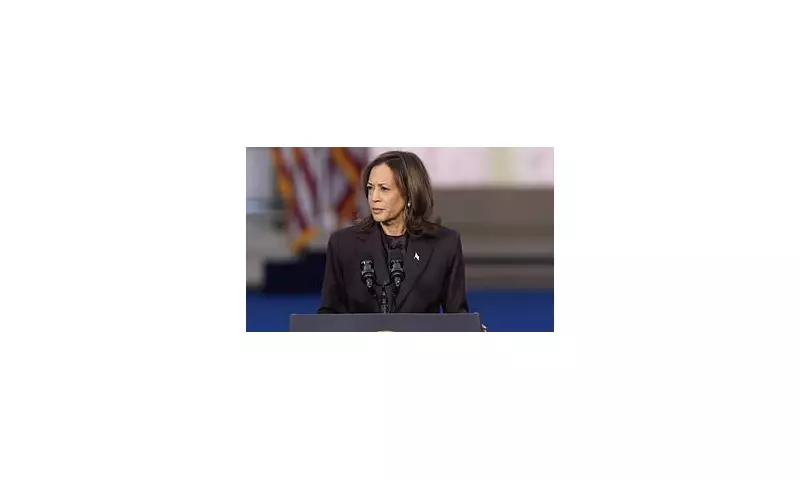
In a move that has sent shockwaves through political circles, former President Donald Trump has allegedly intervened to cancel the Secret Service protection detail for Vice President Kamala Harris. This decisive action comes as President Joe Biden's own security was discreetly extended, creating a stark contrast in treatment between the two administration figures.
The timing of this security withdrawal is particularly conspicuous, coinciding with Harris's planned nationwide tour to promote her upcoming book. The sudden removal of protection for a sitting Vice President represents an unprecedented break with established security protocols and tradition.
Security Detail Disparity Sparks Outrage
While Harris faces the prospect of travelling without her usual Secret Service escort, President Biden's security team has reportedly been granted an extension, ensuring his protection remains uninterrupted. This discrepancy has raised serious questions about the motivations behind the decision and whether it represents a politically charged move rather than one based on security assessments.
Political analysts are describing this as a highly unusual situation, noting that sitting vice presidents have historically maintained Secret Service protection regardless of political circumstances or external activities like book tours.
National Security Implications
Security experts have expressed concern about the potential risks involved in reducing protection for high-profile government officials, particularly those who have received threats in the past. The decision could set a concerning precedent for how security details are administered to senior administration figures.
The book tour, which is expected to draw large crowds across multiple states, now presents additional security challenges for local law enforcement agencies that may need to compensate for the reduced federal protection.
This development adds another layer to the complex relationship between the current administration and the former president, highlighting the ongoing political tensions that continue to shape security decisions at the highest levels of government.





